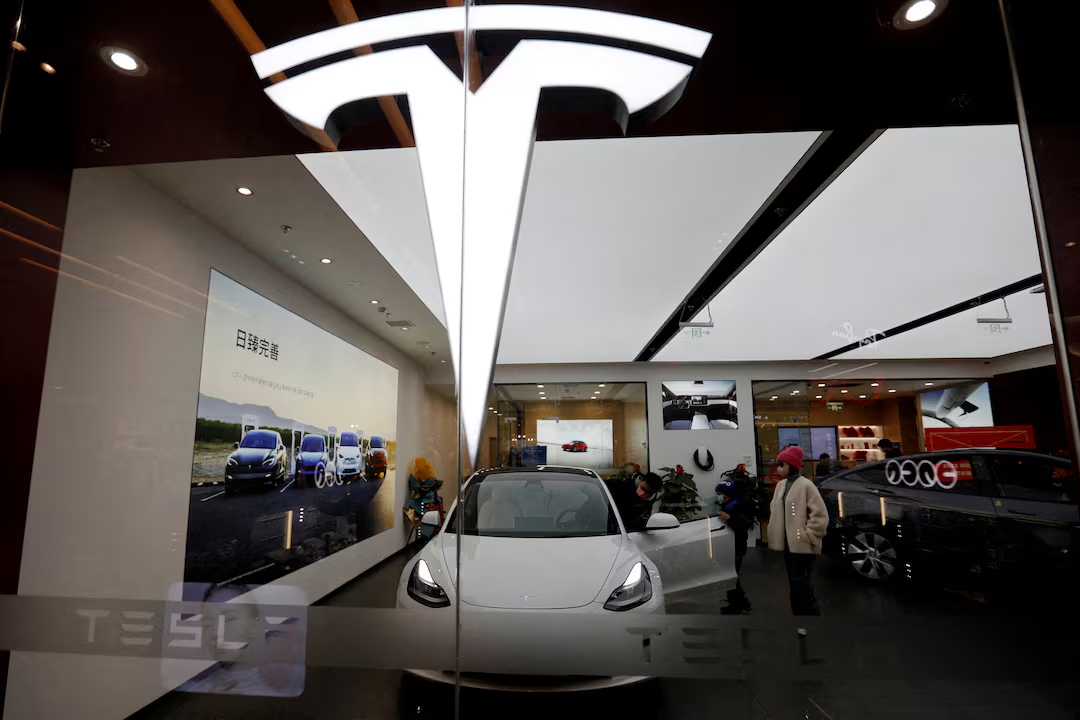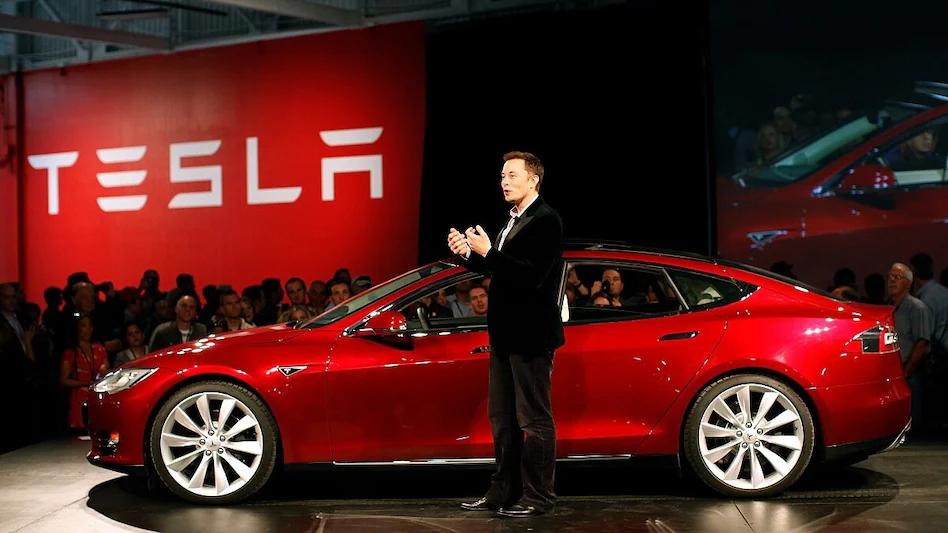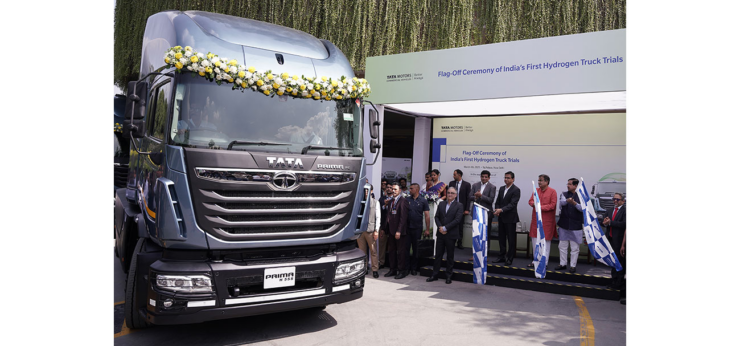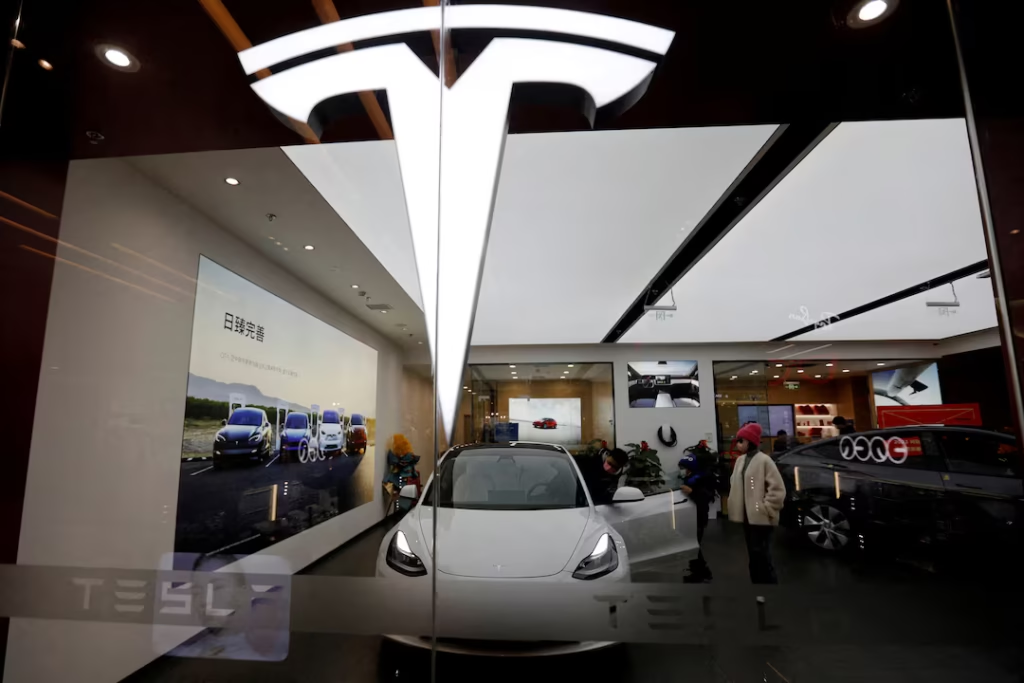Tesla, the world’s leading electric vehicle (EV) manufacturer, has made a significant move in India by offering land in Chakan and Chikhali, Maharashtra, for the purpose of setting up a manufacturing plant for electric vehicles. This is seen as a major step towards increasing Tesla’s presence in the Indian market, which has been growing rapidly in terms of demand for EVs. Along with this, Tesla is also reportedly looking to attract top talent from Tata Motors, one of India’s largest automobile manufacturers.
Tesla’s India Expansion: A New Chapter
In the past few years, India has become a growing market for electric vehicles due to increasing environmental concerns, government incentives, and the rising demand for cleaner, more sustainable transportation. Tesla, known for its cutting-edge technology and high-performance EVs, is keen on entering the Indian market more aggressively. The company’s latest move to offer land in Chakan and Chikhali for manufacturing EVs marks an important development in this direction.
Locations: Chakan and Chikhali
Tesla has identified Chakan and Chikhali in Maharashtra as potential sites for its upcoming manufacturing plant. These areas are already known for their well-developed industrial infrastructure, including many automotive factories. The state of Maharashtra, with its strategic location, robust transportation networks, and proximity to major markets, makes it an attractive destination for global automotive giants.
| Location | Key Details |
| Chakan | A well-known industrial hub with several automotive manufacturing plants. Close to Pune and Mumbai. |
| Chikhali | Another major industrial area in Maharashtra, home to many manufacturing plants, including for the auto industry. |
Tesla’s Vision for EV Manufacturing in India
Tesla’s goal in India is to not only expand its product line but also contribute to the country’s growing green mobility ecosystem. By setting up a manufacturing plant in Maharashtra, Tesla hopes to make EVs more accessible to Indian consumers and reduce the overall cost of ownership through localized production.
Benefits for Tesla:
- Cost Efficiency: Manufacturing locally would reduce the cost of importing EVs and make Tesla’s vehicles more affordable for the average Indian consumer.
- Boosting Market Share: India is one of the largest automobile markets in the world. By entering this market with a localized manufacturing base, Tesla can grab a substantial share of the growing demand for EVs.
- Government Incentives: The Indian government has been offering various incentives for electric vehicle manufacturers to set up production facilities in India. Tesla stands to benefit from these subsidies.
- Creating Jobs: Tesla’s move will generate thousands of jobs, from skilled labor for the factory to managerial and technical positions. It will contribute to the local economy and offer new opportunities for the workforce.
Tata Motors: A Strong Rival in the EV Space
Tata Motors, one of India’s largest and oldest automobile manufacturers, has also been making waves in the electric vehicle market. The company’s electric vehicle division, which includes the Tata Nexon EV and Tigor EV, has been growing rapidly. Tata Motors is already one of the biggest players in India’s electric vehicle market, having sold a significant number of EVs in recent years.
Tesla’s Competition with Tata Motors
Tesla’s move to establish a presence in India puts it in direct competition with Tata Motors. Tata has been developing its EV lineup for years and is viewed as one of the primary forces behind India’s electric vehicle revolution. Tesla’s entry into the market is likely to shake up the competition, especially in the premium EV sector.
| Company | Electric Vehicle Models | Key Features |
| Tesla | Model S, Model 3, Model X, Model Y | Premium EVs with advanced technology and performance |
| Tata Motors | Nexon EV, Tigor EV, Altroz EV (upcoming) | Affordable EVs, high mileage, and reliability |
Tata Motors has already built a strong foothold in India’s EV market with competitive pricing and localized manufacturing. However, Tesla’s global brand, cutting-edge technology, and high performance could present a significant challenge.
Tesla’s Plans to Poach Top Talent from Tata Motors
As part of its strategy to strengthen its position in India, Tesla is reportedly looking to poach top talent from Tata Motors. This move could help Tesla tap into Tata’s vast knowledge of the Indian automotive market and leverage the expertise of skilled engineers and managers.
Why Tesla is Eyeing Tata’s Workforce:
- Industry Knowledge: Tata Motors has years of experience in the Indian automobile industry, particularly in terms of manufacturing and adapting vehicles to local consumer preferences. Tesla can benefit from this expertise to tailor its products for the Indian market.
- Skilled Workforce: India has a large pool of highly skilled engineers and managers in the automotive industry. By hiring top talent from Tata, Tesla can enhance its research and development capabilities and streamline its operations.
- Establishing Local Leadership: To successfully operate in the Indian market, Tesla will need strong local leadership. Tata Motors’ senior executives are already familiar with India’s regulatory environment, consumer needs, and distribution networks, making them valuable assets for Tesla.
While the rivalry between Tesla and Tata Motors may become fiercer, this talent poaching could spark new innovation and improve Tesla’s chances of success in India.
The Future of Electric Vehicles in India: A Promising Outlook
India’s electric vehicle market is expected to grow exponentially in the coming years, driven by government initiatives, rising environmental awareness, and consumer demand for affordable and sustainable transportation solutions. Tesla’s entry into the market, along with its potential collaboration with top talent from Tata, will further accelerate the EV revolution in the country.
Government Support for EVs
The Indian government has implemented several measures to promote electric mobility, including subsidies for EV buyers and tax incentives for manufacturers. These initiatives have helped boost the adoption of electric vehicles in India. Additionally, India’s ambitious target of becoming a net-zero carbon economy by 2070 aligns well with the growing push for EV adoption.
| Government Initiatives | Impact on EV Market |
| Faster Adoption and Manufacturing of Hybrid and Electric Vehicles (FAME) Scheme | Subsidies for EV buyers and manufacturers, making EVs more affordable |
| Production Linked Incentive (PLI) Scheme for Auto Sector | Encourages EV manufacturing and local production of EV components |
| Tax Incentives for EV Purchases | Reduction in taxes for buyers, making EVs more attractive |
Challenges Ahead for Tesla in India
- High Import Duties: India imposes high import duties on electric vehicles, which can make Tesla’s products expensive. A localized manufacturing plant would help alleviate this issue.
- Infrastructure Development: EV infrastructure in India, such as charging stations, is still in its nascent stages. Tesla will need to work with the government and private partners to expand the charging network.
- Consumer Preferences: Indian consumers are often price-sensitive and look for affordable options. Tesla will need to offer competitively priced models to capture a significant market share.
Tesla’s move to set up manufacturing plants in India and its attempts to attract top talent from Tata Motors are clear indications of the company’s commitment to the Indian market. While the road ahead may have challenges, Tesla’s entry is bound to make a significant impact on India’s electric vehicle landscape, boosting competition and driving innovation in the industry. The increasing focus on sustainable transportation and the push for local manufacturing could make India a key market for Tesla in the years to come.









